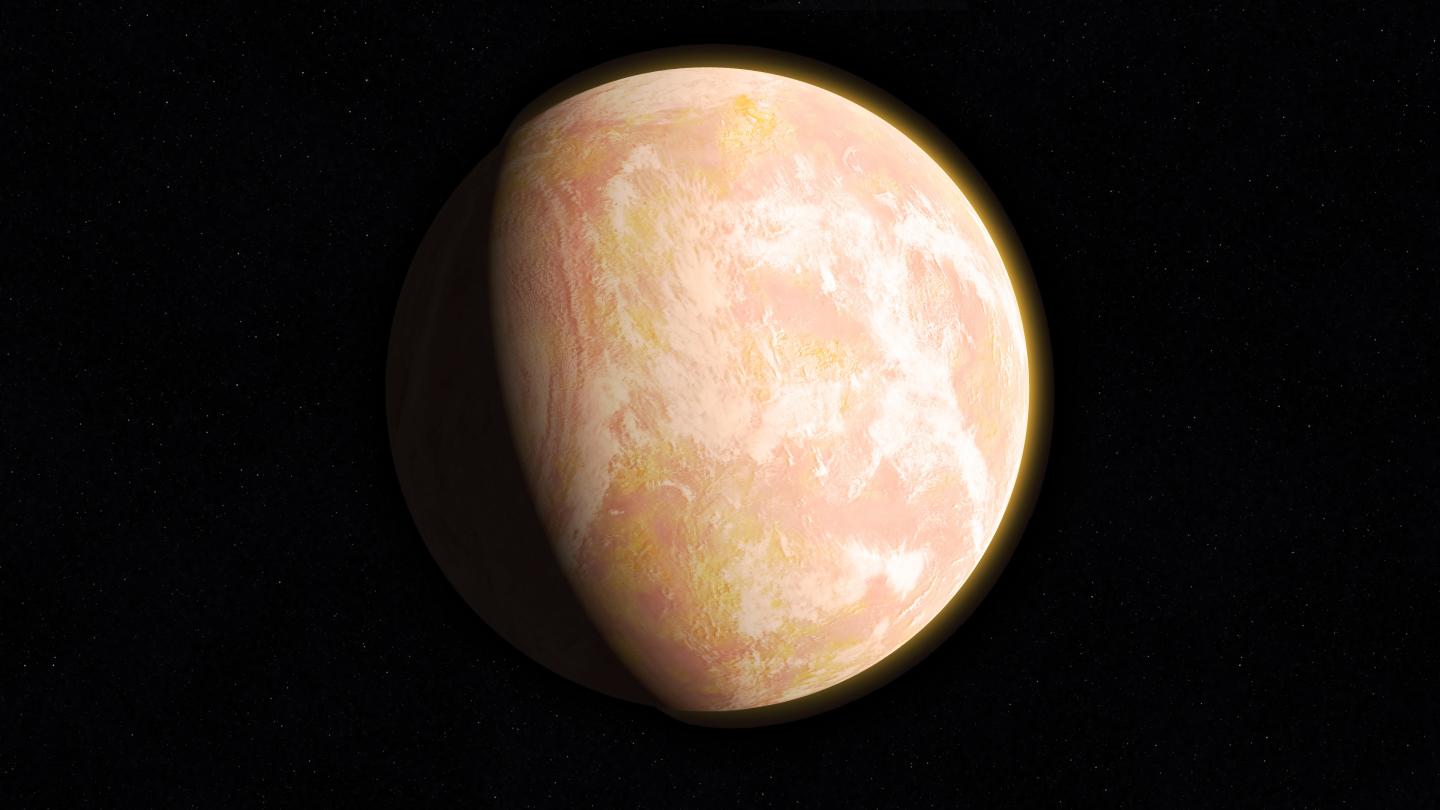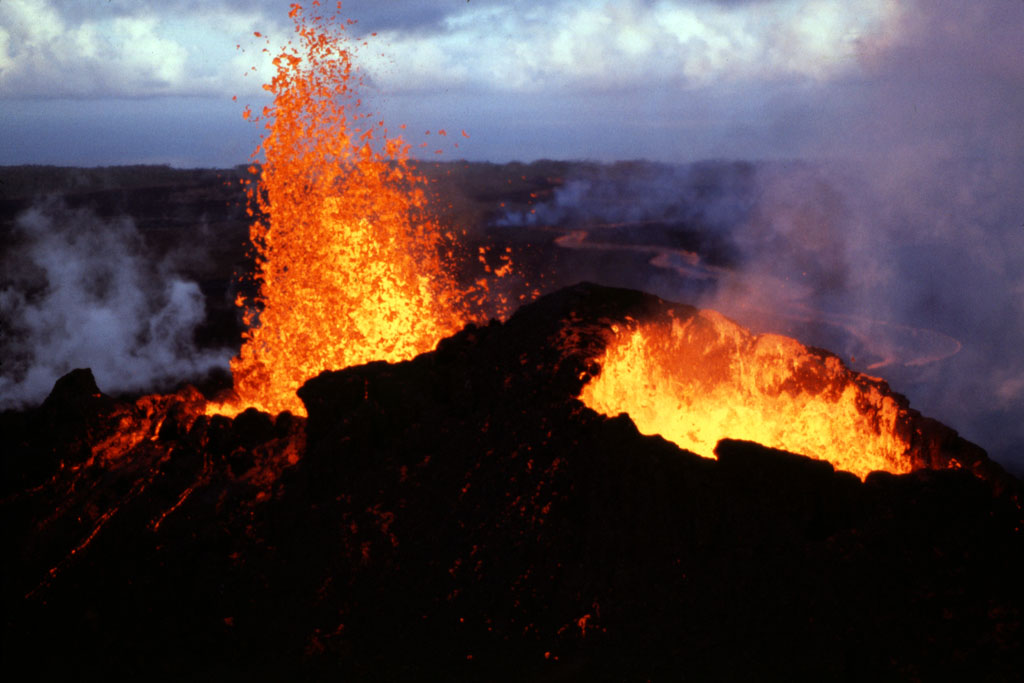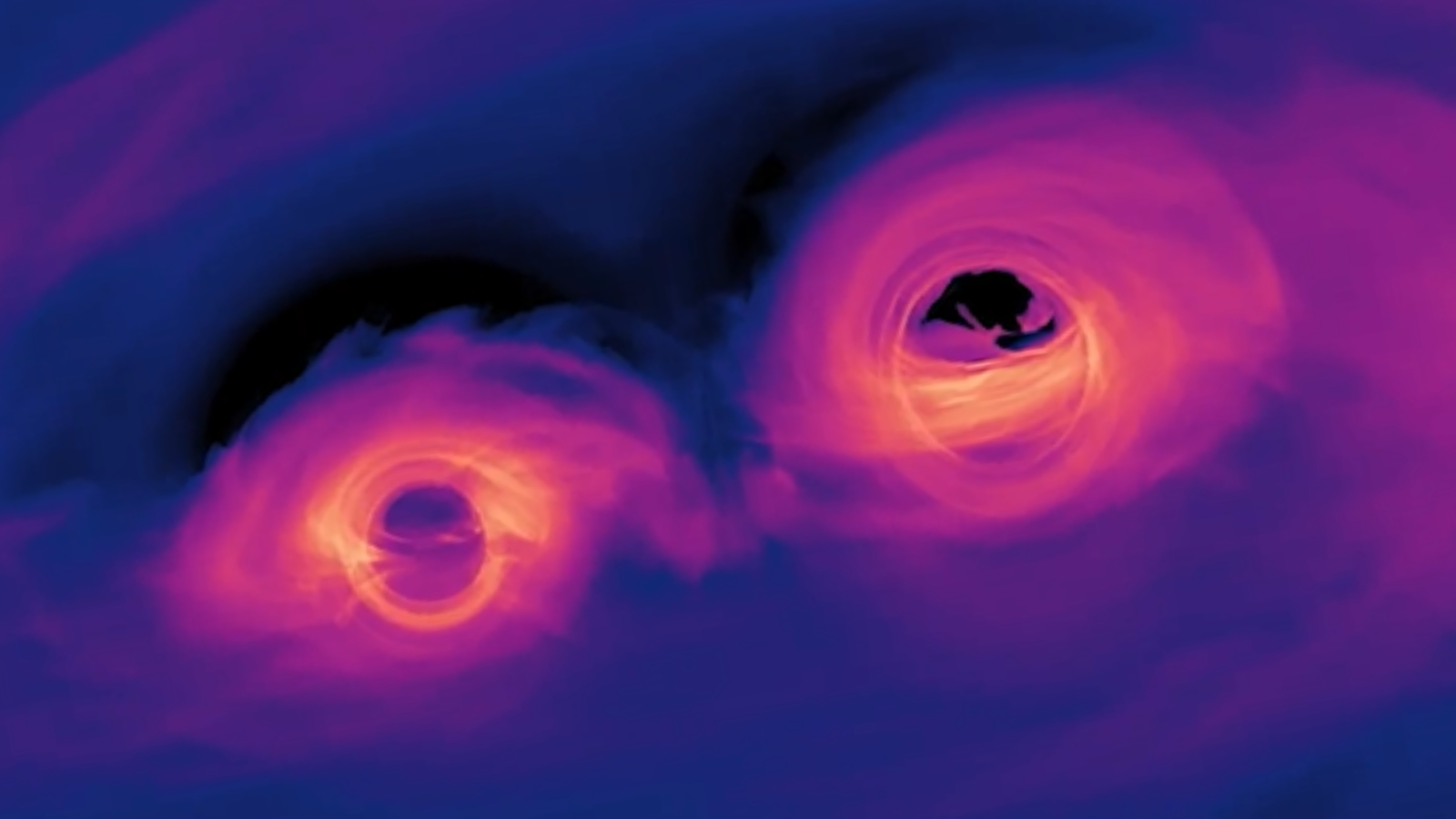How Phosphorus Helped Oxygenate Earth's Atmosphere

Breaking space news, the latest updates on rocket launches, skywatching events and more!
You are now subscribed
Your newsletter sign-up was successful
Want to add more newsletters?

Delivered daily
Daily Newsletter
Breaking space news, the latest updates on rocket launches, skywatching events and more!

Once a month
Watch This Space
Sign up to our monthly entertainment newsletter to keep up with all our coverage of the latest sci-fi and space movies, tv shows, games and books.

Once a week
Night Sky This Week
Discover this week's must-see night sky events, moon phases, and stunning astrophotos. Sign up for our skywatching newsletter and explore the universe with us!

Twice a month
Strange New Words
Space.com's Sci-Fi Reader's Club. Read a sci-fi short story every month and join a virtual community of fellow science fiction fans!
Life in Earth's oceans may have had a slow start because phosphorus — a key nutrient of life — was not recycled through the biosphere fast enough. The finding, by scientists at the University of Washington and the University of St Andrews, UK, could explain why it took so long for Earth's atmosphere to become oxygenated.
By modeling Earth's oceans over billions of years, Washington's Michael Kipp and Eva Stüeken of St Andrews, found that during the Archean (the geological era of between four and 2.5 billion years ago) phosphorus was recycled ten times slower than in the oceans today, resulting in biological productivity slowing down.
This has implications for the presence of oxygen in Earth's atmosphere. During the Archean, the atmosphere was dominated by carbon dioxide. Around two-and-a-half billion years ago, oxygen suddenly filled the atmosphere during what is known as the Great Oxygenation Event. It is believed that photosynthesizing life contributed to this oxygen influx, but the first signs of oxygenic photosynthesis are from three billion years ago. Something delayed the oxygenation of the atmosphere and Kipp and Stüeken suspect that the limited phosphorus recycling in the oceans may have played its part. [How the Earth Formed: A History]
Phosphorus, in the form of phosphate, washes into the oceans where it is ingested by plankton and algae, which in turn are consumed by other organisms. The phosphorus cycles through the ocean ecosystem several times before organisms die, sink to the seabed and decay, releasing phosphorus that microbes can utilize to digest food, increasing biological activity and the biological production of oxygen.
For this process to operate efficiently, oxygen is required, but in the Archean there was very little. So life found other ways, in particular using sulfate derived from volcanos instead of using oxygen. However, there was very little sulfate in the Archean ocean, thereby limiting the amount of biomass that could be digested and hence constraining the amount of biologically-produced oxygen in the ocean, which in turn drastically slowed the oxygenation of the atmosphere.
This cycle was only broken when sulfate became more available to life in the oceans as a result of increased volcanism. Indeed, without volcanic sulfate to stand in for the lack of oxygen, Earth's biosphere may have struggled to survive.
"As soon as sulfate became more abundant in the oceans during the late Archean, it is possible that the increased phosphorus recycling would have led to higher productivity and more oxygen production, leading to more sulfate and higher productivity and so on," says Kipp. It is this positive feedback that could have, over at least half a billion years, eventually contributed to the Great Oxygenation Event.
Breaking space news, the latest updates on rocket launches, skywatching events and more!
This also has astrobiological implications. Low phosphorus abundance could make an inhabited planet appear uninhabited, because of the lack of oxygen in the atmosphere, when in reality their biosphere is just too small to create a viable biosignature.
The findings are published in Science Advances and were supported, in part, by NASA Astrobiology through the Exobiology & Evolutionary Biology Program and the NASA Astrobiology Institute (NAI) element of the NASA Astrobiology Program.
This story was provided by Astrobiology Magazine, a web-based publication sponsored by the NASA astrobiology program. This version of the story published on Space.com. Follow us @Spacedotcom, Facebook or Google+.

Keith Cooper is a freelance science journalist and editor in the United Kingdom, and has a degree in physics and astrophysics from the University of Manchester. He's the author of "The Contact Paradox: Challenging Our Assumptions in the Search for Extraterrestrial Intelligence" (Bloomsbury Sigma, 2020) and has written articles on astronomy, space, physics and astrobiology for a multitude of magazines and websites.


